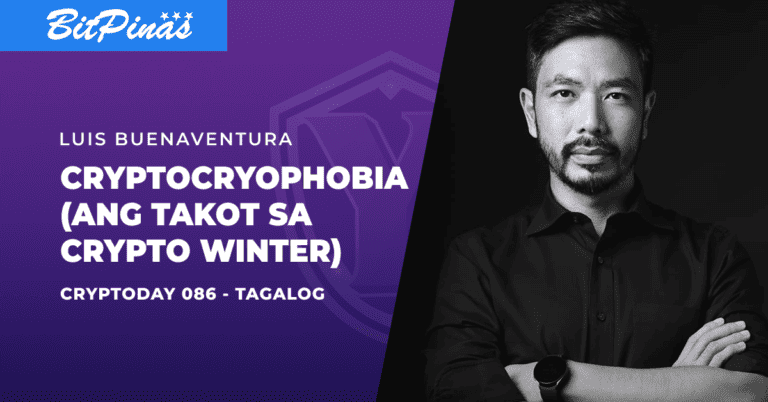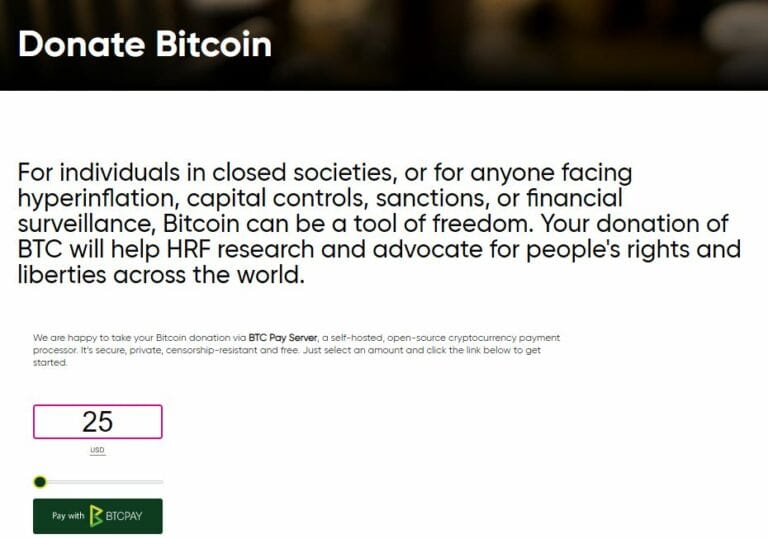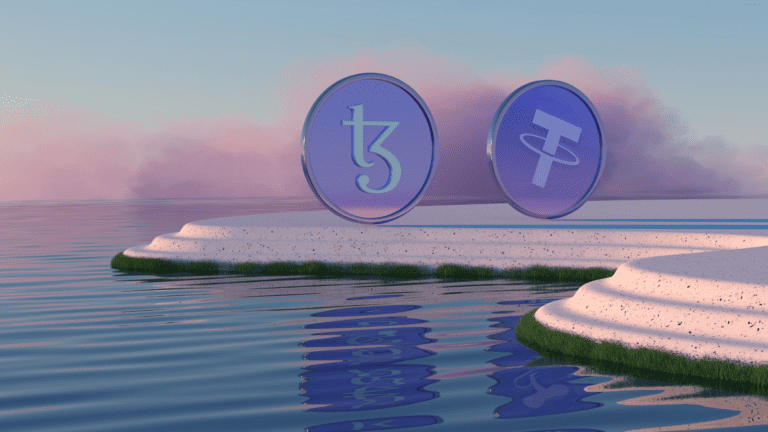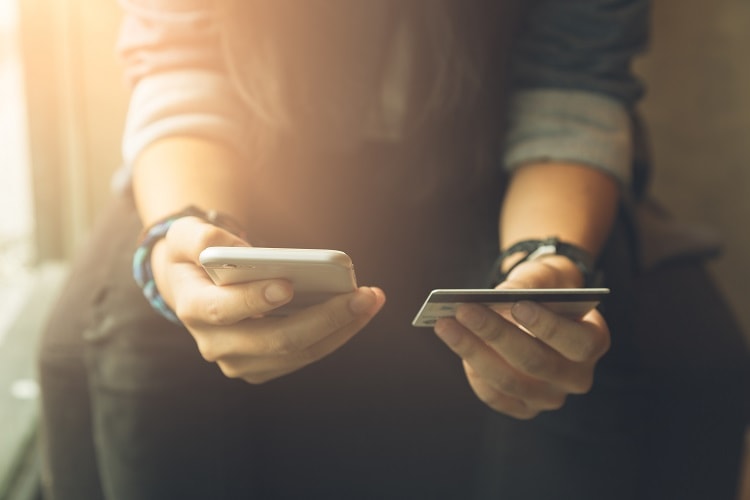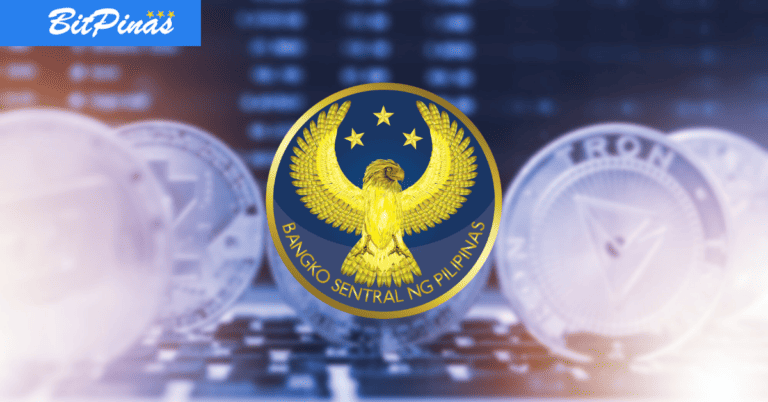What are the ERC-20 Tokens Supported by Coins.ph
In this guide, we list the ERC-20 tokens currently supported by mobile wallet Coins.ph in the Philippines.
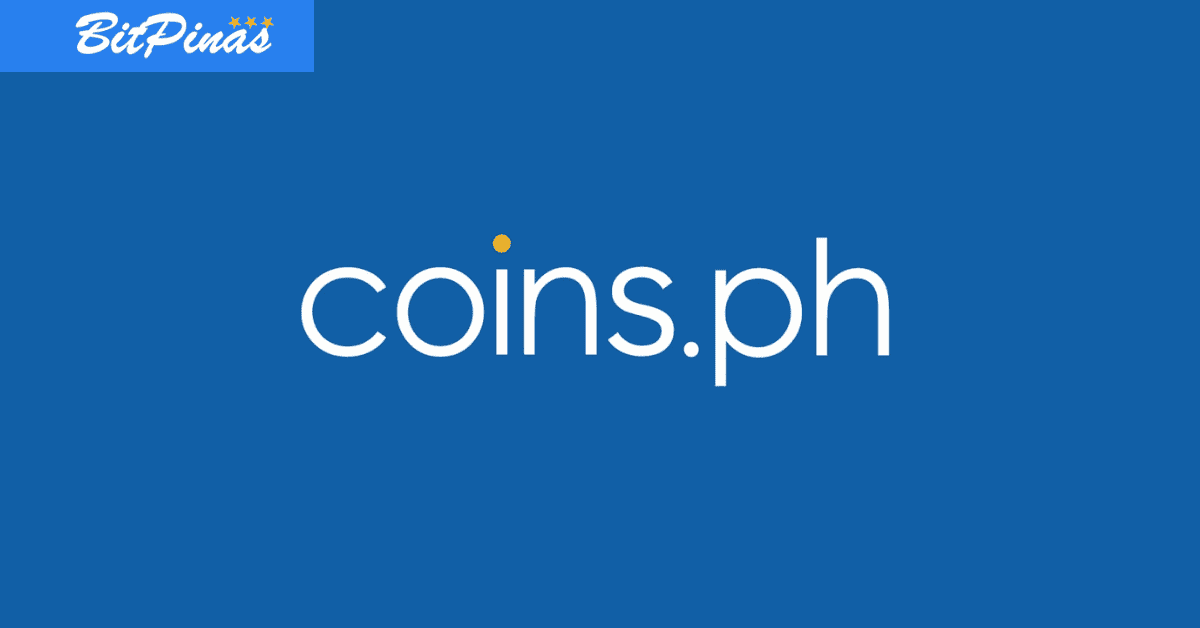
By Nath Cajuday
Philippine-based mobile payments and digital wallet application powered by blockchain technology, Coins.ph, updated its list of ERC-20 tokens that its ETH wallet supports.
ERC-20
ERC-20 tokens are not differen to Bitcoin, Litecoin, and other cryptocurrencies, except that ERC-20 tokens are issued in the Ethereum network.
ERC-20 is used for all smart contracts on the Ethereum blockchain, since it is an asset with a value that can be sent, received, and be traded.
What are the ERC20 Tokens supported by Coins.ph?
AAVE (Aave)
AAVE is a decentralized lending-borrowing protocol built on Ethereum. It lets users lend or borrow crypto because some of the participants provide liquidity so that other participants can borrow tokens. It is also audited by blockchain security companies like MixBytes, CertiK, ConsenSys Diligence, and PeckShield.
Aave is also the name of the governance token of the Aave protocol. This protocol is open-sourced.
How to buy AAVE at Coins.ph? Read here.
MKR (Maker)
Maker (MKR) is an ERC-20 token that fuels the Maker DeFi lending platform launched by MakerDAO to give holders governance rights on its DAO (decentralized autonomous organization) and ecosystem.
MakerDAO has introduced a dual token system with MKR and DAI, a stablecoin backed by various types of cryptocurrencies and is pegged to 1 USD. MKR holders have the privilege to partake in the decision-making of MakerDAO regarding present and future upgrades.
In addition, Maker is one of the pioneering projects of DeFi, and has grown so much since it was launched in 2017, with over 400 applications integrated and roughly $20 billion total value locked.
How to buy MKR at Coins.ph? Read here.
AXS (Axie Infinity Shards)
AXS is the governance token of the play-to-earn game Axie Infinity. AXS holders can use their tokens to choose which upgrades they want for the game’s ecosystem.
AXS is also rewarded to players in the leaderboard every season of the game.
According to Axie Infinity’s development team, the supply of AXS is at most 270 million.
As of December 2021, there were over 61 million AXS that are currently in circulation.
According to Coins.ph, AXS and SLP are the two most highly requested tokens in the country.
SLP (Smooth Love Potion)
Smooth Love Potion (SLP) is the in-game tokenized currency of theplay-to-earn (P2E) game Axie Infinity. Players earn SLP for every win in Person vs Person (PvP) mode, in Person vs Computer (PVC) mode, and for completing the daily quest of the game.
Managers need SLP to breed Axie, an NFT creature.
Unlike AXS, SLP has an infinite number of supplies.
As of November 2021, there were over 3 billion SLPs that are currently in circulation.
Read BitPinas’ SLP Beginner’s guide here.
KNCL (KNC Legacy)
Kyber Network is a decentralized exchange built on Ethereum blockchain. A decentralized exchange is an on-chain liquidity protocol that lets the user trade tokens, in this case ERC20 tokens, on the platform.
Kyber Network combines diverse sources into a single network, enabling multiple token trading in a single blockchain transaction. Its mechanism offers ease in finding a good liquidity source for DeFi applications since sources are scattered. This also allows traders to find the best available rate.
There are currently two versions of KNC: the old version, KNC Legacy (KNCL) and the new version, Kyber Network Crystal (KNC).
Coins.ph only supports KNCL, and all the mentions of KNC in the app refers to KNCL. This means that you can only send, receive and convert legacy KNC tokens in the Coins.ph app.
Read Coins.ph’s statement about KNCL and KNC here.
How to buy KNCL at Coins.ph? Read here.
UNI (Uniswap)
UNI is the governance token of the Uniswap protocol.
Uniswap is a decentralized exchange with an AMM (automated market maker) model. Built on the Ethereum blockchain, Uniswap allows the community to swap tokens amongst themselves by allowing users to provide liquidity, in exchange for fees and rewards, so that other users will be able to trade.
It enables the exchange of ERC-20 tokens without intermediary through the use of smart contracts.
According to Coins.ph, the Uniswap protocol is currently the largest decentralized exchange in the world. As of November 2021, Uniswap has a volume of more than $1 billion worth of crypto assets per day.
How to buy UNI at Coins.ph? Read here.
LINK (Chainlink)
LINK is the ERC-20 token used in the Chainlink protocol.
Chainlink is a decentralized oracle network intended to bring real-world data into smart contracts. It is an oracle that pushes real world data to the decentralized app for its off-chain data. Without this data, only an approximate of 20% of DApps will work.
It was made to connect your smart contracts to the outside world through a decentralized network of nodes called oracles. The network of nodes connects smart contracts to external data sources real-world data such as retail payments, price feeds, web API’s, and more.
Demand for this type of activity is high, that’s why LINK, the cryptocurrency used in Chainlink is one of the largest cryptocurrencies by market capitalization
How to buy LINK at Coins.ph? Read here.
USDC (USD Coin)
USD Coin, also known as USDC, is an ERC-20 stablecoin backed 1:1 to the US dollar. Each USDC created is backed by $1 in a regularly audited bank account by a consortium called Centre.
USDC tokenizes US dollars so that it can be put in the blockchain. Because of this, it is easier and cheaper to transfer. This is unlike the current set-up with US dollar transfer from bank-to-bank that moves slowly and involves processing fees from multiple parties.
USDC has a market capitalization of $25 billion as of July 1, 2021.
How to buy USDC at Coins.ph? Read here.
Along with the list, Coins.ph also called its users to refrain from sending ETH using private networks or sidechains that are not supported by the app like BSC & BEP2 networks, Ronin Wallet transfers, and others.
Coins also highlighted that it is its client’s responsibility to check the transition details and confirm to deposit only ETH to ETH address before proceeding to transfer transaction.
Lastly, Coins.ph reiterated that ETH sent to unsupported private networks or sidechains will be lost, will not be credited, and will not be recovered. It is the same scenario for other unsupported ERC-20 tokens that were deposited to the client’s account.
This article is published on BitPinas: What are the ERC-20 Tokens Supported by Coins.ph
